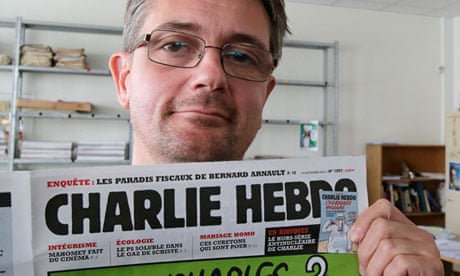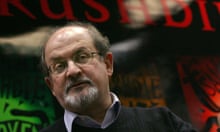Hate-speech crimes, and offences under blasphemy, sexual equality, defamation or racial abuse laws vary around the world. But absolute freedom of expression is curtailed in many countries.
Article 19 of the UN's universal declaration of human rights in 1948 envisaged few restrictions. "Everyone has the right to freedom of opinion and expression," it stated. "This right includes freedom to hold opinions without interference and to seek, receive and impart information and ideas through any media and regardless of frontiers."
In practice there are lots of legal qualifications. A 1994 judgment of the European court of human rights in Strasbourg involving a Danish journalist tried to define the overarching principle "that tolerance and respect for the equal dignity of all human beings constitute the foundations of a democratic, pluralistic society".
So, "it may be considered necessary in certain democratic societies to sanction or even prevent all forms of expression which spread, incite, promote or justify hatred based on intolerance (including religious intolerance), provided that any formalities, conditions, restrictions or penalties imposed are proportionate to the legitimate aim pursued".
France outlaws Holocaust denial and "public insults" based on origin, religion, race or ethnicity. Last year the British designer John Galliano was given a suspended fine of €6,000 (£5,200) by a Paris court for directing racist and antisemitic rants at people in a Paris bar.
In Saudi Arabia blasphemy can be punished by death. Last year Israel outlawed boycotts against the state. Sensitivities depend on national politics.
The London-based freedom of expression organisation Article 19, which takes its name from the UN declaration, said it viewed the cartoons published by the satirical weekly Charlie Hebdo as provocative, but that they should be seen within the international framework on freedom of expression.
"The cartoons criticise or mock religious beliefs. They may be considered blasphemous by some, but banning speech based on criticism or so-called defamation of religion is incompatible with international human rights standards.
"The cartoons also should not be censored or banned outside a proper and thorough judicial process that would determine whether the threshold for incitement to discrimination, hatred or violence, as set by Article 20 paragraph 2 of the International Covenant on Civil and Political Rights, has been met. All calls to ban them until such process taken place should be firmly resisted.
"The French government has a positive obligation to ensure that all who want to engage in peaceful protest against the cartoons can do so. Today's statement by the French prime minister, Jean-Marc Ayrault, that the government would pre-emptively ban protests this weekend – regardless of their nature – undermines the right to peaceful assembly."





